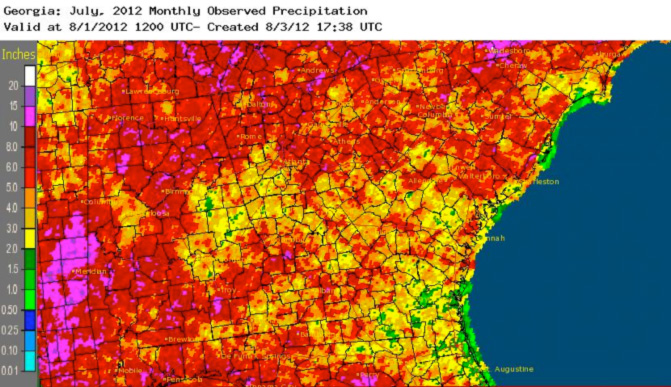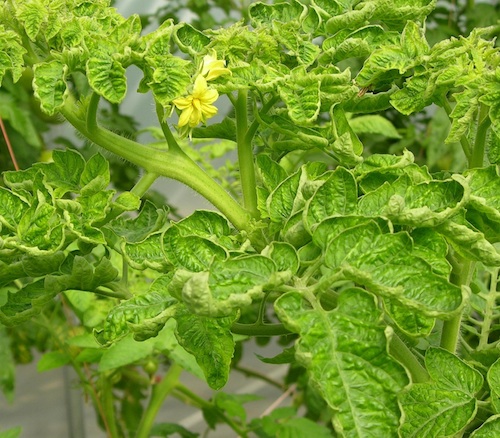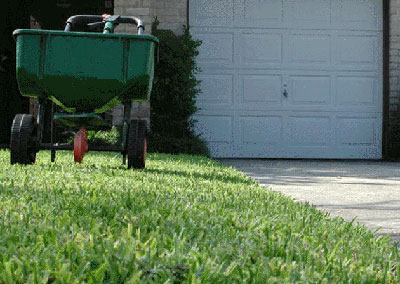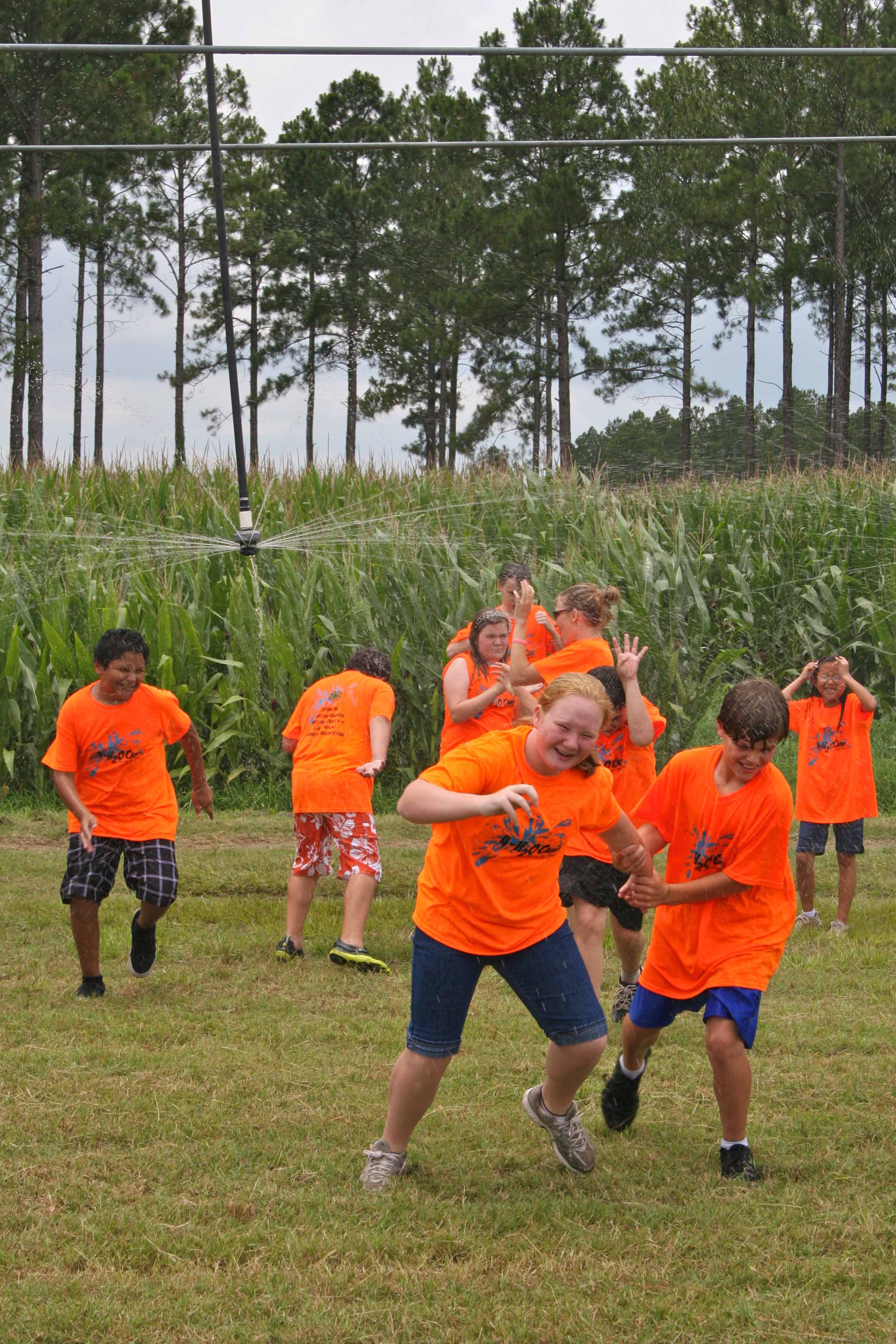 CAES News
CAES News
July climate summary
Drought conditions in most parts of the state stabilized in July, although there was an increase in exceptional drought in west-central Georgia due to the heat and lack of rainfall.






.jpg)